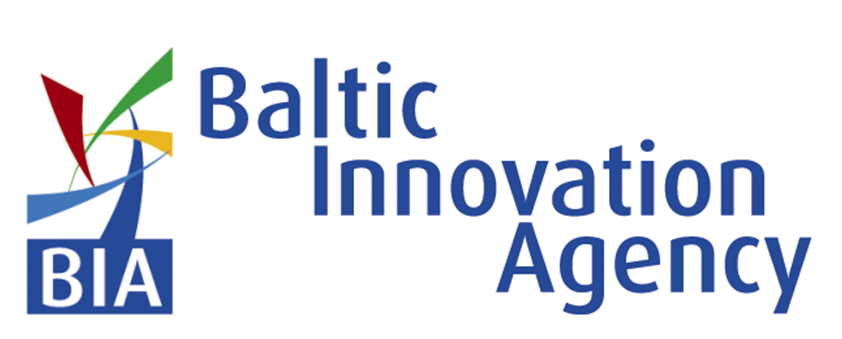Developing the concept of Tallinn as a smart city (City of Tallinn/European Commission)
The aim of the project was to carry out a sectoral description of Tallinn as a smart city, to carry out an international comparative analysis and to compile a model for the ex-ante evaluation of future innovation projects. The keywords used to express both the technological and social aspects of a smart city, such as digital, virtual, creative, learning, humane, all-encompassing, knowledge-based, open, competitive, problem-solving, inventive and intelligent, were used.
Based on analysis of secondary sources and expert interviews, the study answered the following questions:
The analysis was based on the Giffinger (European Smart Cities) framework, which divides the smart city into six areas: smart economy, smart people, smart governance, smart mobility, smart environment, and smart living. The Giffinger framework is one of the first and most widely used definitions of a smart city in the European Union.
The analysis was conducted in the framework of Interreg Baltic Sea Region project „Smart-up BSR“.
For more information about Smart-up BSR, please click the “LEARN MORE” button below:


